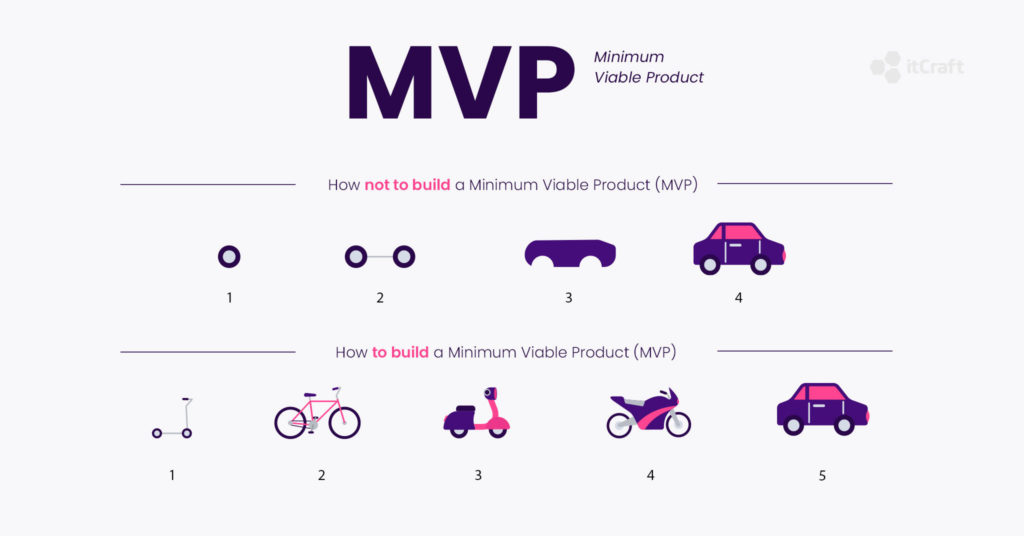Why Do We Focus on Small Concepts?
December 26, 2020
When Volkswagen launched the classic advertising campaign - Think Small in 1959, we know people’s perception doesn’t always follow one direction. In fact, perception can be categorized as spectrums. From something small to something big, from something casual to something serious, from something detailed to something abstract, and etc., the marketing content can be built around any of the perception on different spectrums.
Volkswagen - Think Small (1959)
That means there are always opportunities for you to explore different forms of communication with small ideas, even though content production depends on established customs. If your marketing communication is in the right place of a spectrum that aligns with brand positioning, you will see the good results.
It’s clever to stay on the opposite side of the perception spectrum, while one side of the spectrum is full of big players’ campaigns that strive for winning customers with bigger ideas. For example, if your competitors all dedicate to producing sophisticated visuals, a good story with simple graphics might be easier to grasp attention from your customers.
Focusing on a discretely small concept is not only effective in influencing people’s perception, but also benefits solving real problems. Small ideas like a poster, a picture, a post, email marketing, community marketing prevent you from focusing too much on “the bigger picture”, and drive you to solve the most relevant problems you face at the early phase.
We can learn from the start-up and tech community’s concept of “minimum viable product”, or MVP. An MVP is essentially the simplest possible version of a product that you can build before you get the ball rolling, get it into people’s hands, and start collecting feedback.
How can you build an MVP?
This also applies to marketing. You don’t chase something big at the beginning. Focus on the small concepts and small budget. Only if you find the opportunities for smaller concepts, and make the concepts successful under limited budget, it’s more likely that a big concept can work well.
You need to create a motivating environment, and build on methodology used for smaller ideas and apply that to larger ideas down the road. For instance, A good social media post with high engagement rate is much more meaningful, compared with sponsored content boosted by huge advertising expense. We should develop a creative methodology and culture that encourage team members to try small ideas, and keep improving. Eventually, you will have stronger confidence in creating mind-blowing concepts.
A big plan is always appealing, but a small plan is more realistic. When the idea becomes small enough, it means you exclude the unnecessary elements in your plan. Only after the simple but essential messages are proven to be successful, the real connections between your brand and your customers can be established. Otherwise the big marketing plan is like gambling for small-mid sized business, because you put too many resources into assumptions.
It’s more sustainable to choose “evolution” rather than “revolution”. Begin investing your time in small measurable improvements to gain momentum in your program. The bigger ideas and improvements will naturally flow from there.

.jpg)

